Charity / NGO / Club / Company Limited by Guarantee


The terms "Non-Governmental Organisation (NGO)", "Non-Profit Organisation (NPO)", "Charitable Organisation (Charity)" and "Social Enterprise" are often considered to be interchangeable and synonymous. However, they are not completely identical. Not all NGOs are social enterprises, not all social enterprises are not for profit, and not all NPOs are charities. There are subtle differences between these four terms and you should really think about what you are trying to achieve before deciding what type of organisation to set up.
An NGO is an organisation that operates independently of the government. NGOs work on specific public goals, generally for social or political purposes at the community, national and international levels. They are cooperative in nature and often work with the government.
An NPO is a non-commercial enterprise that is dedicated to promoting a specific social cause or advocating a goal. It does not make money for its founders or members but uses its profit to further its ultimate goal, such as reinvesting into the organisation for infrastructure or capacity building. They can operate in a religious, scientific, research or educational environment.
A social enterprise is an organisation that attempts to use business strategies to promote specific social goals and community development. Instead of relying on outside donations, social enterprises can pursue maximum profit, at the same time use the profit to pursue maximum social and environmental benefits.
A charity is an organisation established by law for a charitable purpose. It is strictly regulated by the government and must meet certain criteria to enjoy the tax exemptions status in most jurisdictions. Some common charitable purposes are:
Charities must not be profitable. All the funds raised must be used to achieve their goals and not for the benefit of founders or members. Where a charity fails to comply with the legal requirements, it will lose its charity status and tax exemption. For individual donors, this status is important because they get tax deductions when donating to charities.
Similarly, club, society and association are often used interchangeably in relation to an association of people united for a common interest or purpose. Again, there are subtle distinctions between the three:
A club refers to something smaller and more intimate with a goal or interest to unite the members of the club. For example, there are specialised hobby clubs, sports clubs, social activity clubs, political and religious clubs and service clubs that exist for voluntary or charitable activities.
A society or an association tends to refer to a larger group of people with something in common but without any size or goal restrictions. For example, there are professionals association, alumni associations, owners associations, family societies, heritage societies etc. Every club is a society, but not every society is a club.
Having decided on the type of non-commercial enterprise to set up, one can then decide on the structure. In most common law jurisdictions, there are 3 main structures that one can use:
Registration of a society is the simplest way of setting up an organisation. Most common law jurisdictions have a government department in charge of such registration. There are usually some requirements in association with the registration of society – for example, it must be for a common good or mutual interest, it must have a minimum number of members, there is no unlawful intent or activity that may disrupt the peace of the community.
The governance of a society is usually managed by members. These individuals have the right to require regular reporting and monitoring of the use of funds. Two advantages of society are its democratic organisational nature and its flexibility in amending rules and regulations. The main disadvantage is that society does not constitute a separate legal entity from its members. This means that if the society is sued, all members of the association will assume personal responsibility.
Trust is a common structure used in a non-commercial organisation. A trust usually involves the transfer of property from one person to another, in which the assignee manages the property for the benefit of an identified person or class of people. The assignor is called the donor of the property, the person to whom the legal title is transferred is called the trustee, and the people that benefit under the trust are known as the beneficiaries.
Wealthy donors usually sign over their assets to a charitable trust under their own names (also known as a foundation). These assets are held and managed by the charitable trust for a specific period of time, and some or all of the equity generated by the assets will be donated to charities. For example, the Bill and Melinda Gates Foundation.
Setting up a trust is not a particularly difficult task. First, one will need a trust deed, which is a document that governs how trust works, the power of the trustee, the goal of the trust and the beneficiaries it will support. Next is to transfer some assets into the trust or raise some money.
One should keep in mind that once transferred, the donor no longer has control of the assets and should not benefit from the assets. The trustee would control the assets and would owe fiduciary duties and potential liabilities to the beneficiaries.
Another popular way to establish a non-commercial enterprise is to set up a company limited by guarantee. The key benefits are that this is a legal entity separate from its members and that the personal finances of the members who run the charity are protected. Its members' liability is limited to the amount they agree to “guarantee” if the company is wound up
As with all companies, to establish a company limited by guarantee, one will need to submit the memorandum and articles of incorporation of the company, together with the appropriate company formation and business registration fees, to the Companies Registry of the relevant jurisdiction. Unlike companies limited by shares, the articles of association are less standardized and are normally reviewed by the registrar before approving the establishment of the company.
As the internal operation of a company limited by guarantee is governed by its articles of association, the rules are clearer to give members guidance on how the company should operate. In addition, as the company must maintain annual audited accounts, the company's accounts will be better organised and managed. Please also note that there will be some minimum costs for a great overview of the maintenance costs of a limited company.
Not the right document?
Don’t worry, we have thousands of documents for you to choose from:
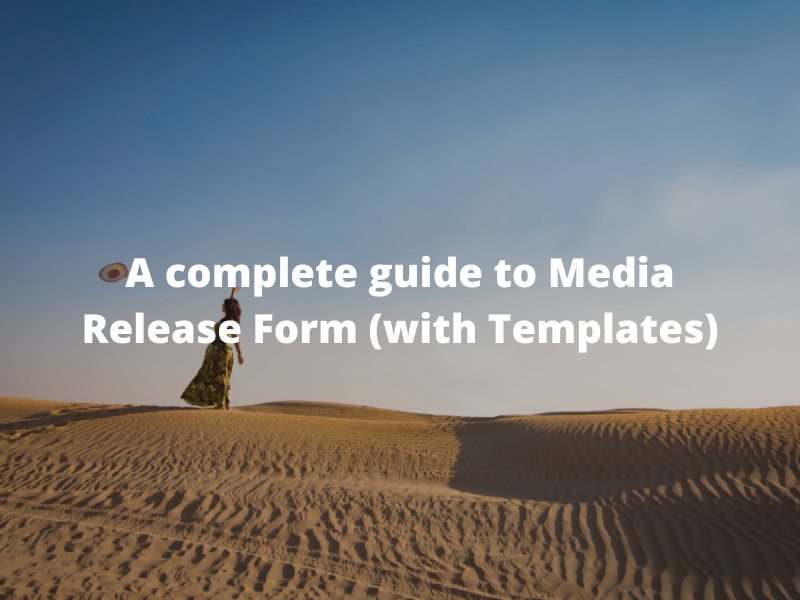
10 Jun 2022
6 min read

2 Jun 2022
6 min read

27 May 2022
6 min read

20 May 2022
6 min read

9 May 2022
6 min read
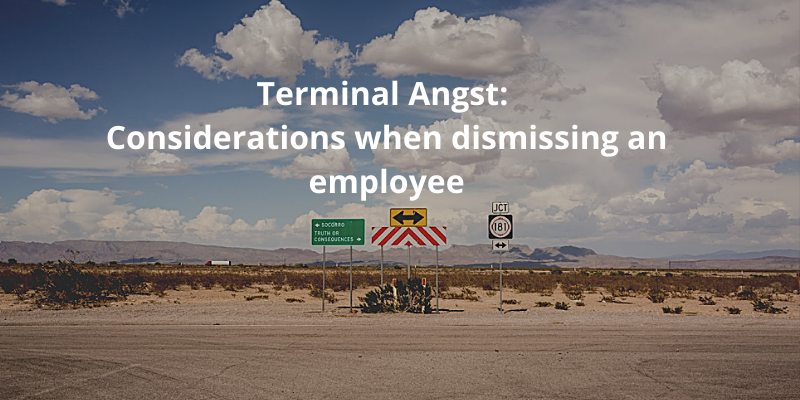
3 May 2022
3 min read

25 Apr 2022
5 min read

31 Mar 2022
1 min read

29 Mar 2022
1 min read

20 Mar 2022
6 min read

12 Mar 2022
5 min read

21 Feb 2022
5 min read

31 Jan 2022
5 min read

13 Jan 2022
4 min read

3 Jan 2022
5 min read
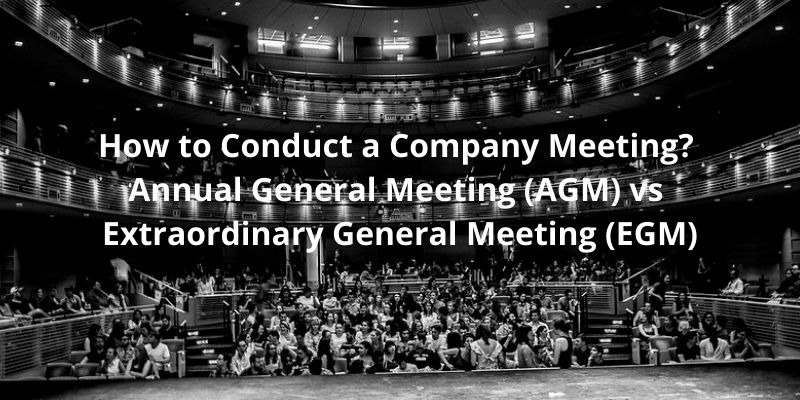
7 Dec 2021
11 min read
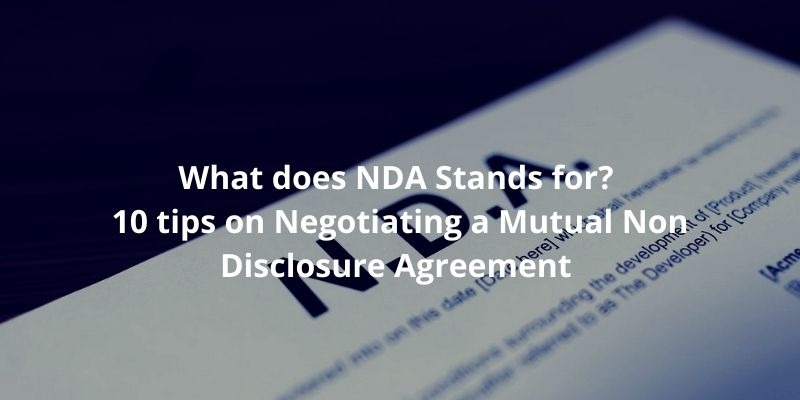
14 Nov 2021
6 min read

1 Nov 2021
9 min read

21 Oct 2021
1 min read

17 Oct 2021
7 min read
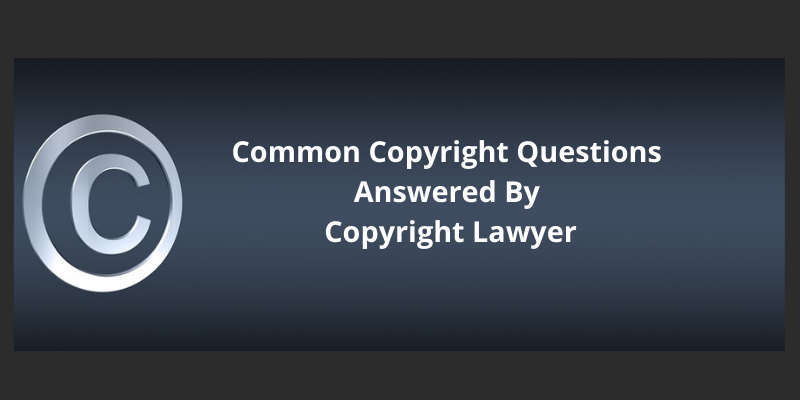
7 Oct 2021
12 min read

16 Sep 2021
4 min read

14 Sep 2021
5 min read

10 Sep 2021
3 min read

31 Aug 2021
4 min read

23 Aug 2021
3 min read

16 Aug 2021
5 min read

30 Jul 2021
6 min read

23 Jul 2021
7 min read

13 Jul 2021
5 min read

2 Jul 2021
5 min read

24 Jun 2021
5 min read

15 Jun 2021
4 min read

4 Jun 2021
6 min read

28 May 2021
5 min read

21 May 2021
5 min read

14 May 2021
5 min read

7 May 2021
5 min read

30 Apr 2021
5 min read

23 Apr 2021
5 min read

16 Apr 2021
5 min read

9 Apr 2021
5 min read

1 Apr 2021
5 min read

26 Mar 2021
4 min read

19 Mar 2021
5 min read

12 Mar 2021
5 min read

5 Mar 2021
6 min read
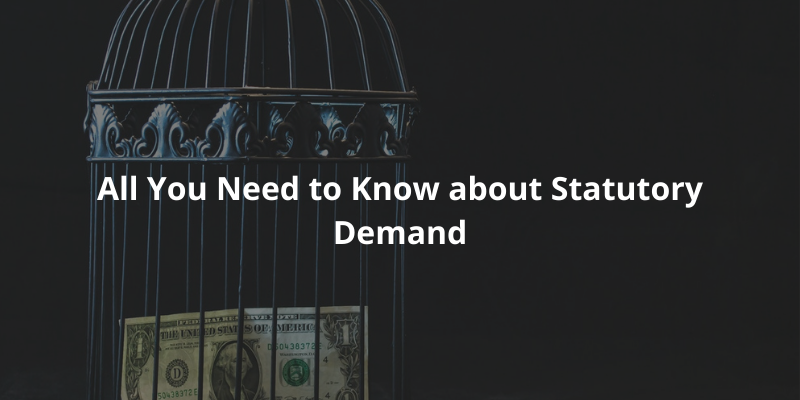
26 Feb 2021
5 min read

19 Feb 2021
6 min read

11 Feb 2021
5 min read

29 Jan 2021
6 min read

29 Jan 2021
3 min read

22 Jan 2021
6 min read

15 Jan 2021
6 min read

8 Jan 2021
6 min read

31 Dec 2020
6 min read

24 Dec 2020
0 min read

24 Dec 2020
7 min read
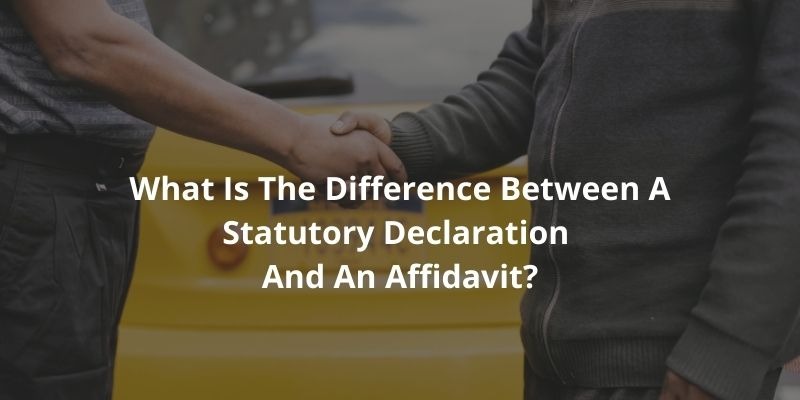
18 Dec 2020
6 min read

11 Dec 2020
6 min read

4 Dec 2020
6 min read

27 Nov 2020
6 min read

27 Nov 2020
7 min read

22 Nov 2020
7 min read

13 Nov 2020
8 min read

12 Nov 2020
8 min read
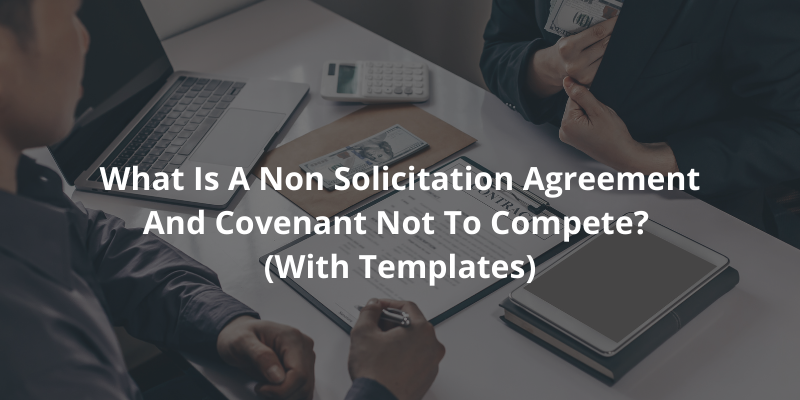
7 Nov 2020
8 min read

5 Nov 2020
6 min read

30 Oct 2020
7 min read
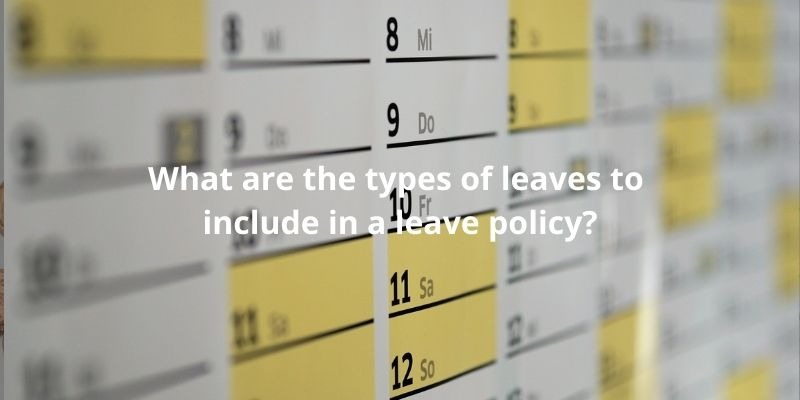
29 Oct 2020
8 min read

23 Oct 2020
7 min read

19 Oct 2020
8 min read

16 Oct 2020
10 min read

7 Oct 2020
9 min read

28 Sep 2020
8 min read

18 Sep 2020
7 min read

9 Sep 2020
7 min read

3 Sep 2020
7 min read

27 Aug 2020
8 min read

27 Aug 2020
9 min read

19 Aug 2020
8 min read

17 Aug 2020
8 min read

11 Aug 2020
8 min read

11 Aug 2020
8 min read

10 Aug 2020
11 min read

10 Aug 2020
9 min read

7 Aug 2020
9 min read

4 Aug 2020
9 min read

3 Aug 2020
10 min read

23 Jul 2020
8 min read

23 Jul 2020
8 min read

12 Jul 2020
8 min read
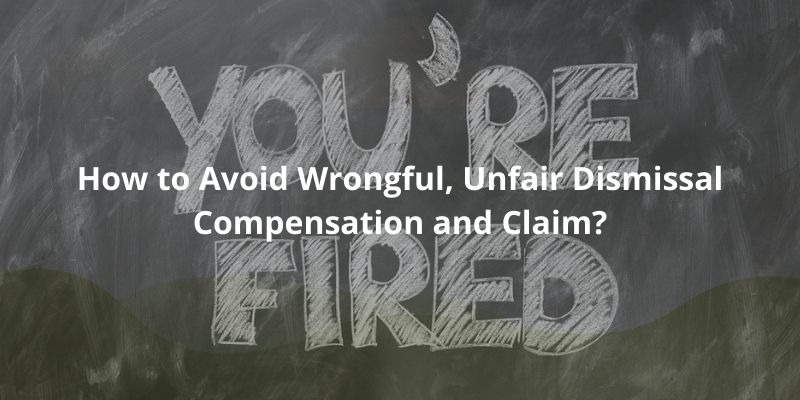
5 Jul 2020
7 min read

25 Jun 2020
7 min read

12 Jun 2020
9 min read

11 Jun 2020
9 min read
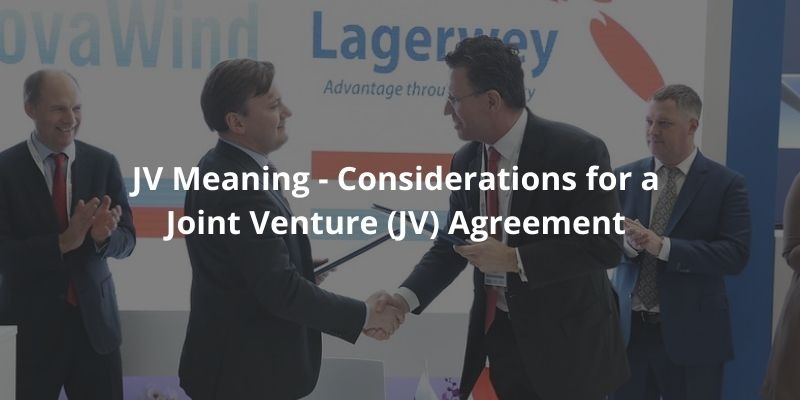
9 Jun 2020
9 min read

8 Jun 2020
8 min read

4 Jun 2020
5 min read

4 Jun 2020
8 min read
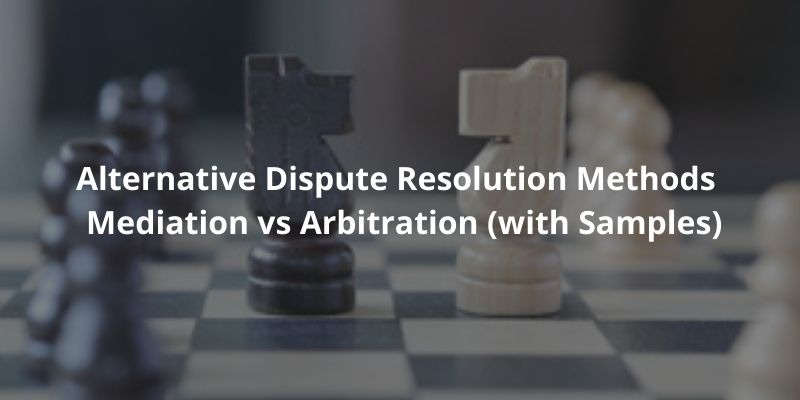
2 Jun 2020
10 min read

28 May 2020
13 min read

25 May 2020
8 min read

1 May 2020
10 min read

1 Apr 2020
6 min read

1 Mar 2020
11 min read

1 Feb 2020
11 min read

8 Jan 2020
9 min read

1 Jan 2020
1 min read

10 Dec 2019
7 min read

26 Nov 2019
8 min read

5 Nov 2019
5 min read

24 Oct 2019
3 min read

1 Oct 2019
1 min read

1 Oct 2019
1 min read





